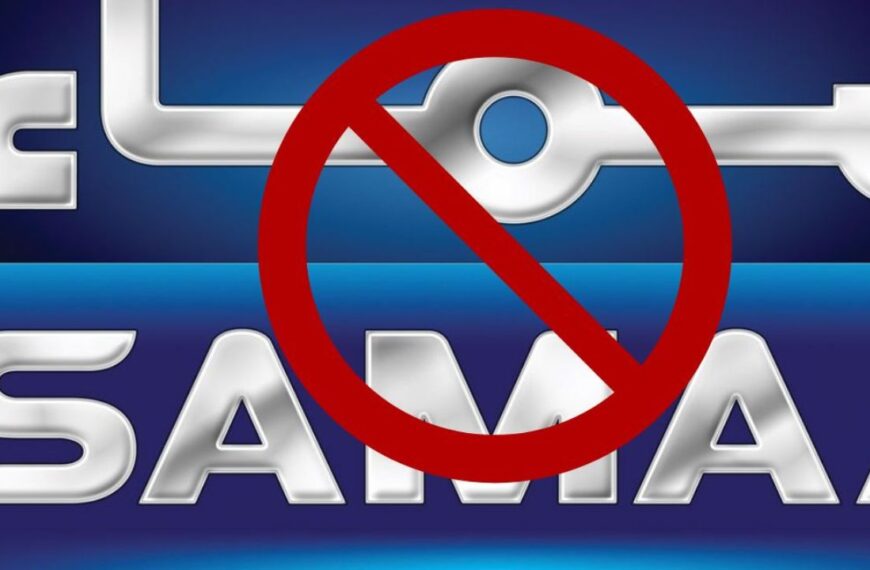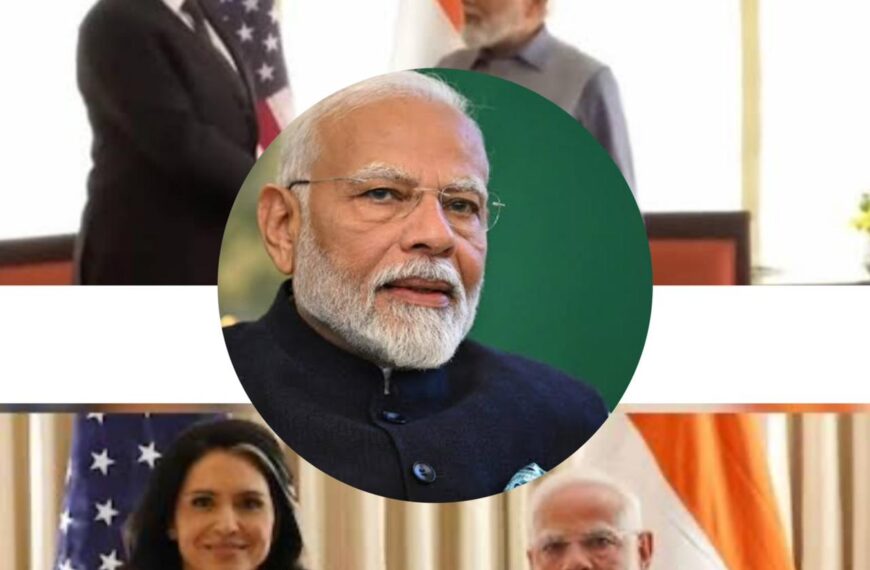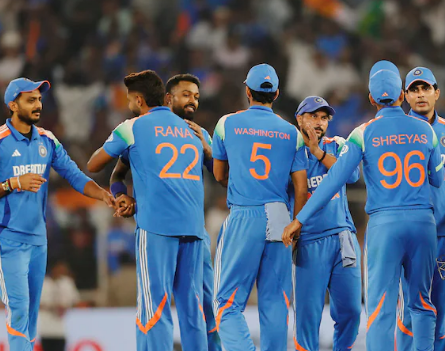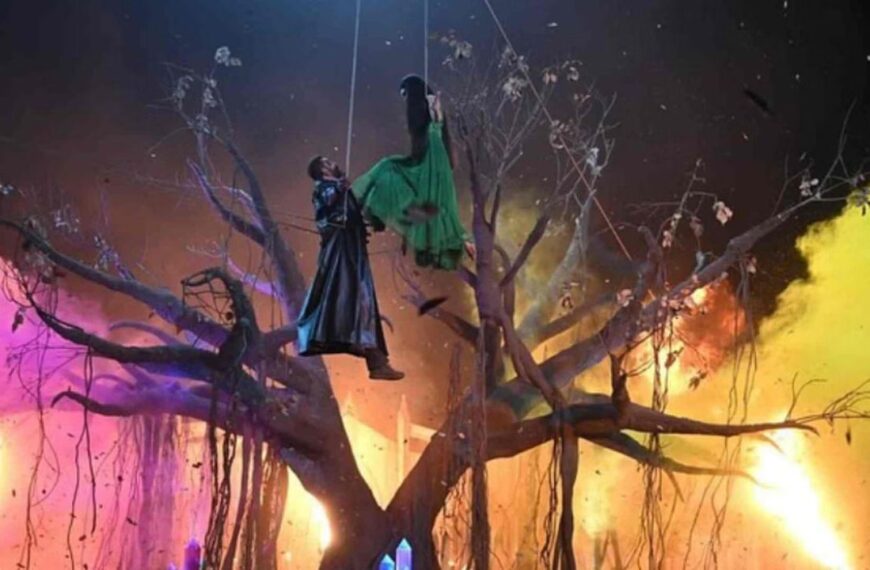The Supreme Court of India has made a significant observation regarding remarks related to the Muslim community. The apex court stated that calling someone “Miyan-Tiyan” or “Pakistani” may be inappropriate, but it does not constitute an offense under Section 298 of the Indian Penal Code (IPC), which pertains to hurting religious sentiments. The Supreme Court made this observation while acquitting an accused under this provision, noting that although the remark was improper, it did not meet the legal requirements necessary for criminal prosecution.
What Were the Allegations?
A bench comprising Justice BV Nagarathna and Justice Satish Chandra Sharma delivered this judgment on February 11. The accused was charged with calling a government employee “Pakistani” while the latter was performing official duties.
The case was linked to an FIR filed by an Urdu translator and acting clerk (Right to Information officer) at the Sub-Divisional Office in Chas. The complainant alleged that when he met the accused for information related to an RTI application, the accused misbehaved with him by referring to his religion. Additionally, the accused allegedly used criminal force to obstruct the complainant from performing his official duties.
Following this incident, the translator filed an FIR against the accused. After the investigation, the lower court directed that charges be framed against the accused under Section 353 (assault or criminal force to deter a public servant from discharging duties) and Section 504 (intentional insult) of the IPC.
Supreme Court Acquits the Accused of All Charges
The Jharkhand High Court dismissed the accused’s plea to quash the proceedings. However, while hearing an appeal against the High Court’s order, the Supreme Court bench acquitted the accused of the charge of intentional insult. The court noted that apart from Section 353, there was no act committed by the accused that could have disturbed public peace.

The Supreme Court stated:
“We set aside the High Court’s order, which upheld the lower court’s decision. We accept the application filed by the appellant and acquit him of all three charges leveled against him.”
Supreme Court’s Observations
In its ruling, the Supreme Court determined that there was no evidence of assault or force necessary to uphold the charge under Section 353 of the IPC. The court further stated that while calling someone “Miyan-Tiyan” or “Pakistani” is inappropriate, it does not constitute an offense of hurting religious sentiments under Section 298 of the IPC.
Section 298 of IPC Explained
Section 298 of the Indian Penal Code pertains to uttering words, making sounds, or gestures with the deliberate intent of wounding the religious feelings of a person. It states:
“Whoever, with the deliberate intention of wounding the religious feelings of any person, utters any word or makes any sound in the hearing of that person, or makes any gesture in the sight of that person, or places any object in the sight of that person, shall be punished with imprisonment of either description for a term which may extend to one year, or with fine, or with both.”
However, the Supreme Court ruled that calling someone “Pakistani” does not necessarily prove deliberate intent to wound religious sentiments. Therefore, the charge under Section 298 was not applicable in this case.
Implications of the Verdict
The Supreme Court’s ruling sets an important precedent regarding the interpretation of religious offense laws in India. While offensive remarks may be socially unacceptable, they do not always qualify as legal offenses unless they meet specific legal criteria.
This ruling clarifies the legal position on the use of certain words and phrases and their impact on criminal liability. The court’s decision also highlights the distinction between inappropriate speech and speech that qualifies as an offense under the IPC.
The Supreme Court’s verdict in this case serves as a significant legal interpretation of IPC provisions related to religious sentiments. It reinforces that while offensive language should be discouraged, not all remarks necessarily constitute criminal offenses under the law. By acquitting the accused, the court has emphasized the need for a clear legal threshold for prosecuting cases under Sections 298 and 353 of the IPC.














